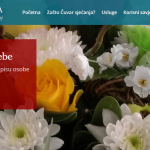May 7, 2018 – Continuing our look at the female entrepreneurs in Croatia, next up a really nice story of how a great cake and pastry business is slowly growing, having started out with one determined owner and one product – cheesecake. Things have moved forward for Martina Bracic and her TORTE i to brand since then…
1. For our international readers who perhaps do not know you, quickly introduce yourself and what you do.
My name is Martina Bracic, 42 years old, founder and owner of TORTE i to, a chain of cafes/pastry shops in Zagreb.
As a student at the Faculty of Political Science in Zagreb, it never occurred to me that I would ever end up in the food and beverage business.
After I got my degree in political science, I immediately got a scholarship from the government and ended up at the London School of Economics where I got my MSc in European Science. The scholarship obliged me to work for the government for 3 years and I chose the Ministry of Defence. Working on regional military cooperation, joining NATO and EU never pushed me to my full capacity, I wanted a product of my work.
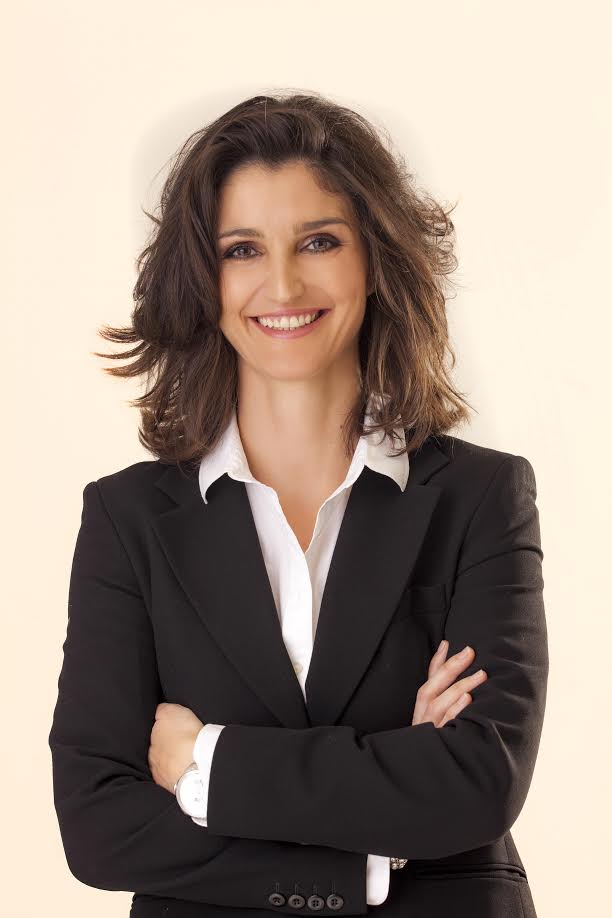
2. How did the business start, and what were the major obstacles and achievements along the way?
In 2005. I analyzed the situation in Zagreb and concluded it lacked good cakes and pastries. Without a clear plan, with no strategy at all, and with minimal investment I opened the smallest kitchen that produced one product – cheesecake.
I was entirely led by intuition, doing what I felt like was good, without a burden of a big investment. Gradually I started making other cakes, one by one, and opened our first cafe in 2006. I had no knowledge of that business, learned my own way of dealing with staff and quality issues. I used to be everything – the driver, the cleaning lady, the manager, marketing person, the cook and the supply person. That is when I realized the most important thing in this business – I have to create a good team. That was the key issue, I could not control everything as I wanted to.
Today, TORTE i to has 5 cafes in Zagreb and one central kitchen, we employ 45 people and work a lot. I am very proud of the things we did, our cafes, products and the new trends we set in Zagreb.

3. People have told me on many occasions that the perfect combination in life is to live in Croatia and to make your money abroad. Do you agree?
Well, if you can make a lot of money abroad and have enough time to spend in Croatia, that is truly a blessing. Many people that work abroad, my college friends, work so much that they don’t have the time needed to relax truly like we Croatians do. Many people get rich, work a lot, commute 2-3 or more hours daily, and then they don’t have the opportunity to enjoy the benefits of that money. Life in Croatia can be perfect. The distances are small, it is located in Europe close to Rome, Vienna, Istanbul, Budapest… aan hour or so away by plane… you can drive to the coast in no time… I would only agree if I could work from here and have the money be transferred from abroad, to a bank on the corner of my street 🙂 We are spoiled here in Croatia 🙂
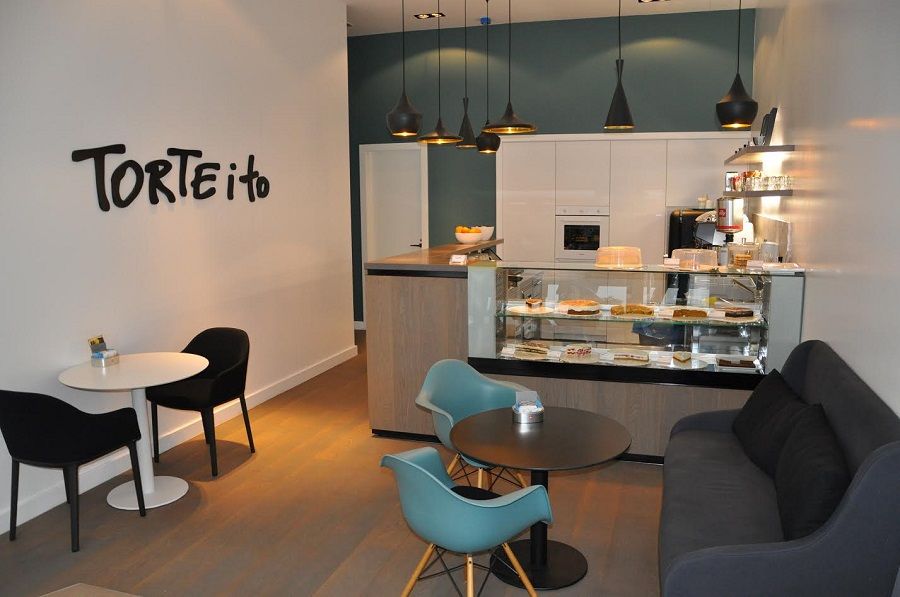
4. Let’s talk about the business climate in Croatia, which does not have the best reputation. Give us some positives and some negatives.
The business climate is not quite prosperous or positive at the moment. The state costs are so high that the government is killing us with taxes. At the moment, my company is working to cover its loans, expenditures and wages. Nothing more is possible because of the rise in VAT that happened in 2017, which doubled my taxes. I hope the government will realise that our tourism will not be able to survive this and do something soon. I am trying to find some positives… trying…
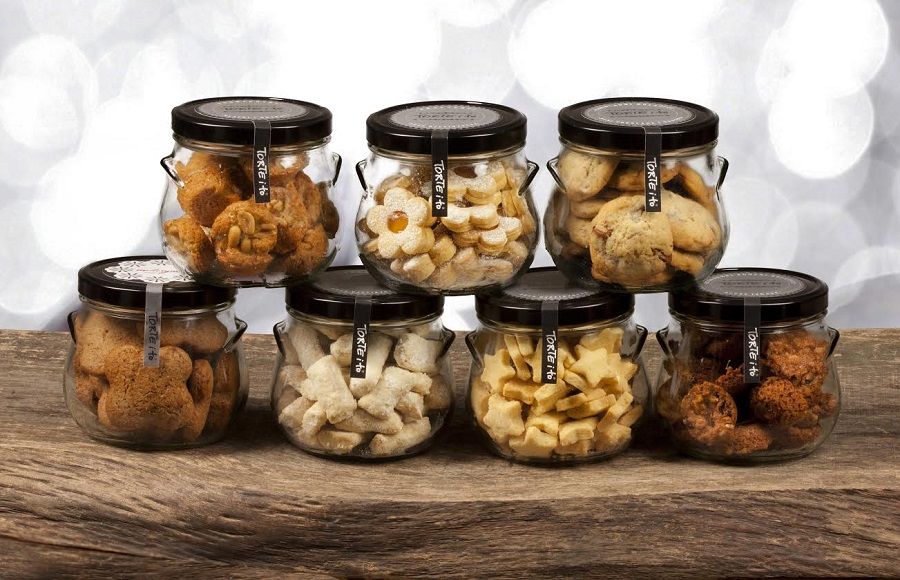
5. If there are three things which you could change to improve things dramatically, what would they be?
As I mentioned, the Croatian economy needs a solid drop in VAT. We need a work-rewarding climate on the market, meaning that people that want to work can actually make more money and be rewarded. We have an awful Work Law (don’t know the right name of the law) that needs to be changed. Our state rewards not-working at the Center for Unemployment and does not reward work. The minimum wage with minimum taxes on it should be higher and it would motivate people to work, not to stay at home and watch TV with minimum state welfare given to them. That would decrease the grey economy.
The third thing would be supporting the producing companies. Croatia has no homegrown food, nobody grows vegetables, fruits anymore. The restaurants on the coast struggle to get the fresh produce every day. Isn’t that sad? Imported tomatoes in Croatian restaurants, and so much land and sun everywhere. Every summer I struggle to buy Croatian peaches and grapes at the local markets, they are a rarity. I would support only production, and decrease imports.
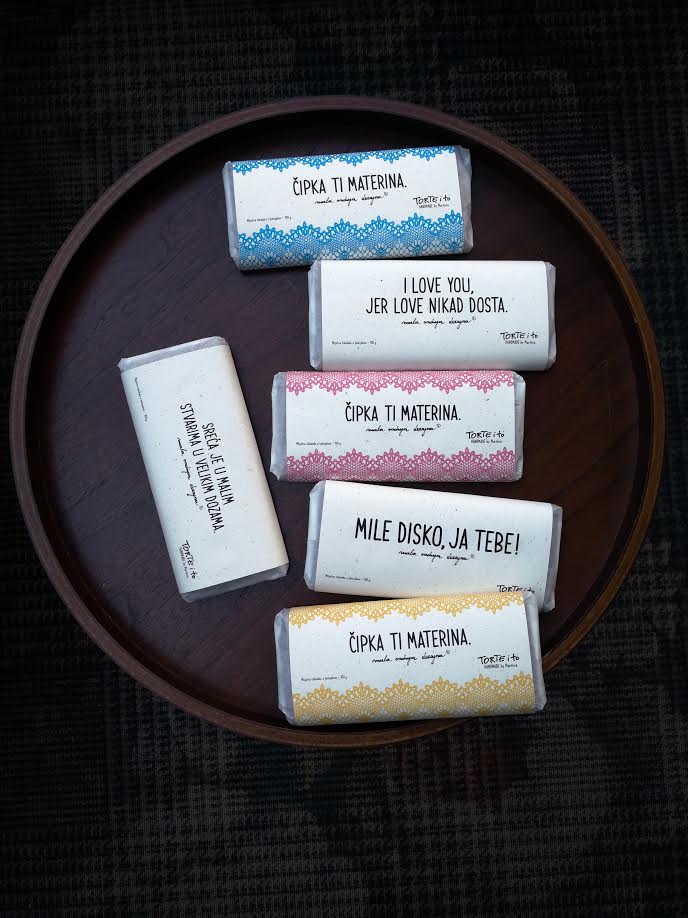
6. Your advice to foreign entrepreneurs interested in investing in Croatia? And to young local businessmen who want to try?
To foreign investors, don’t give up, the bureaucracy will probably bring you down, but it can be done. Produce something. And ask for everything in a written format 🙂 And to young locals – working hard pays off, if you don’t compromise your quality and ethics, you can succeed. My decision was to make quality cakes, I still hold that decision and in any situation, I will rather not sell a cake than sell a bad cake. Buyers respect quality and integrity.
7. How do you think the business climate will look in 10 years in Croatia?
Hopefully much better, as at the moment we have hit rock bottom, I believe the only way possible is up. More foreign companies and more EU money will probably be present.

8. How has 2013 EU entry changed business in Croatia?
I can speak from my experience. It made my life a lot easier. I used to import cream cheese from the EU. It was a disaster, quotas, documents, veterinarians… now I just pay for the goods, the truck loads them, and they arrive in Zagreb. No fuss, no mess. The same thing I did a month ago, I imported real American bagels from Germany. A new truck is coming on Monday, with a ton of bagels. The audience in Zagreb likes them a lot, and I am happy it is so easy to get them.
9. Being an entrepreneur in Croatia is not easy. What are the additional challenges experienced by female entrepreneurs in your opinion?
No, it is not easy. I generally do not have some of the usual female challenges as I am 6 foot 2 tall, nobody sees me as a weaker gender 🙂 However, I do not separate people in business between men and women, I look at them and see if they want to work/learn/do or they don’t. That is the only classification that exists in my head. I think that Croatia has a problem because we raised generations of non-workers, lazy and uninterested generations. They plan to graduate and become a CEO immediately. As I regularly interview new staff, I can say it is a rarity to find a hardworking and responsible individuals amongst the new generations. It worries me quite a bit.

10. If you knew now what you knew then, would you have decided to go ahead? What was good, what was bad, and what would you do differently next time?
If I knew at the beginning about all the challenges, problems and financial surprises that are about to come after me – I think I would never get the courage to get into this kind of business. So, it is a blessing that I did not know, because today I own a beautiful company that makes people happy. If I was wiser, I would just be more calm and waste a lot less of my nerves in many difficult situations that I have been through during these 13 years.
Today I am grateful because we make beautiful and tasty cakes, chocolates, cocktails and excellent coffee. That is what Croatians like – to enjoy, to rest, and we give it to them through our cafes and through our products. And then we pay enormous taxes… hahaha
Check out Martina’s growing cake empire on the official TORTE i to website.
Are you a female entrepreneur in Croatia who would like to be featured in this series? Please contact us at news@total-croatia-news.com


